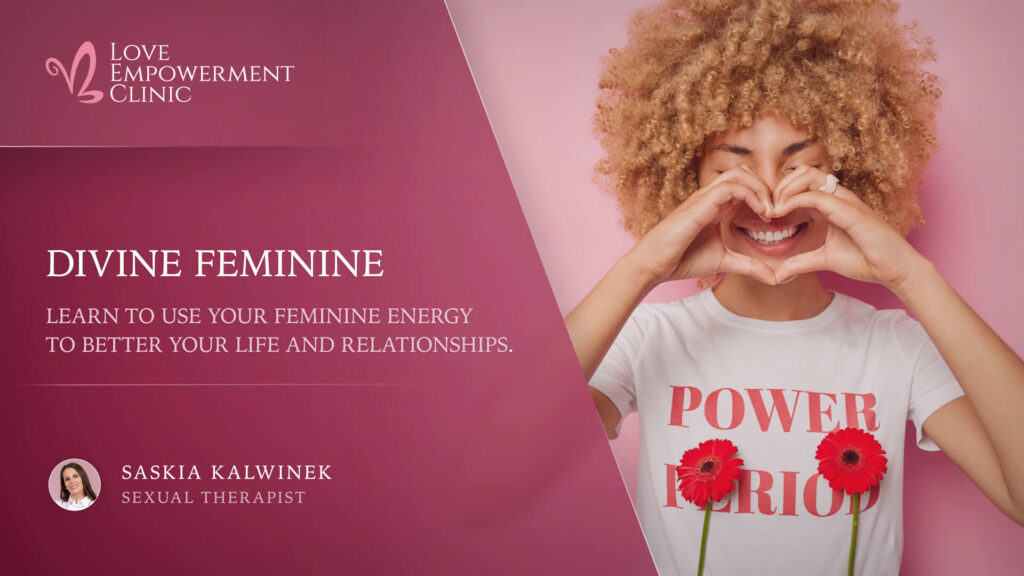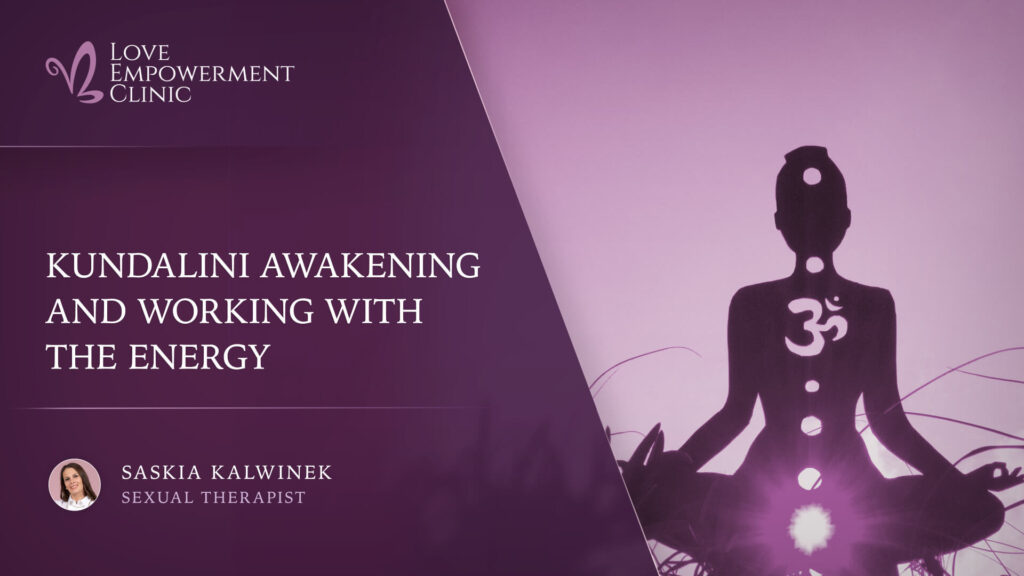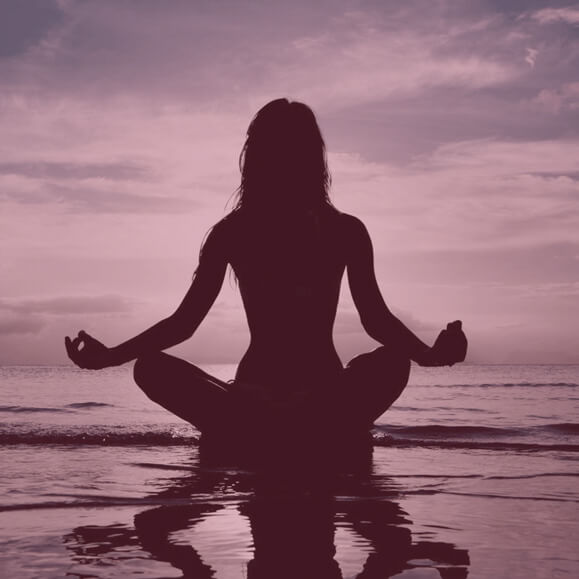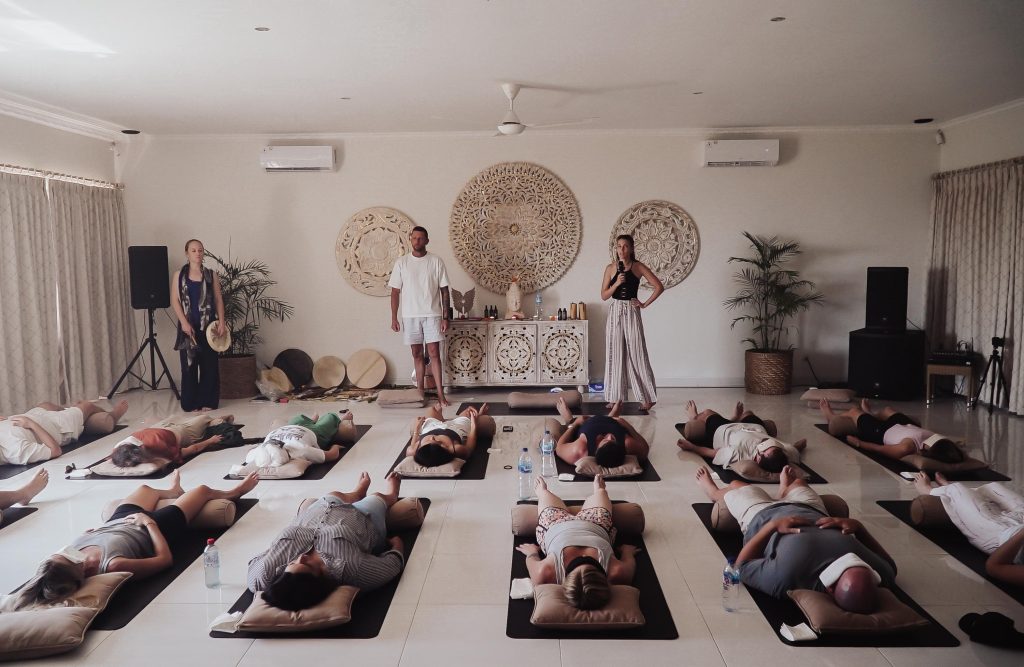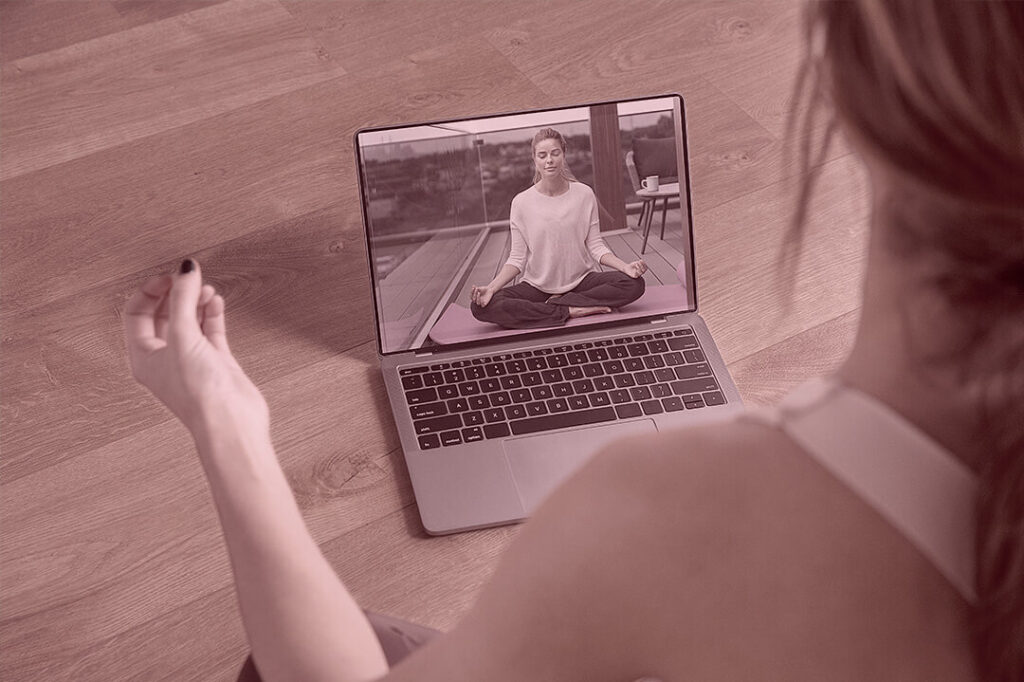Why Setting Healthy Boundaries Is the Key to Relationships & Growth?
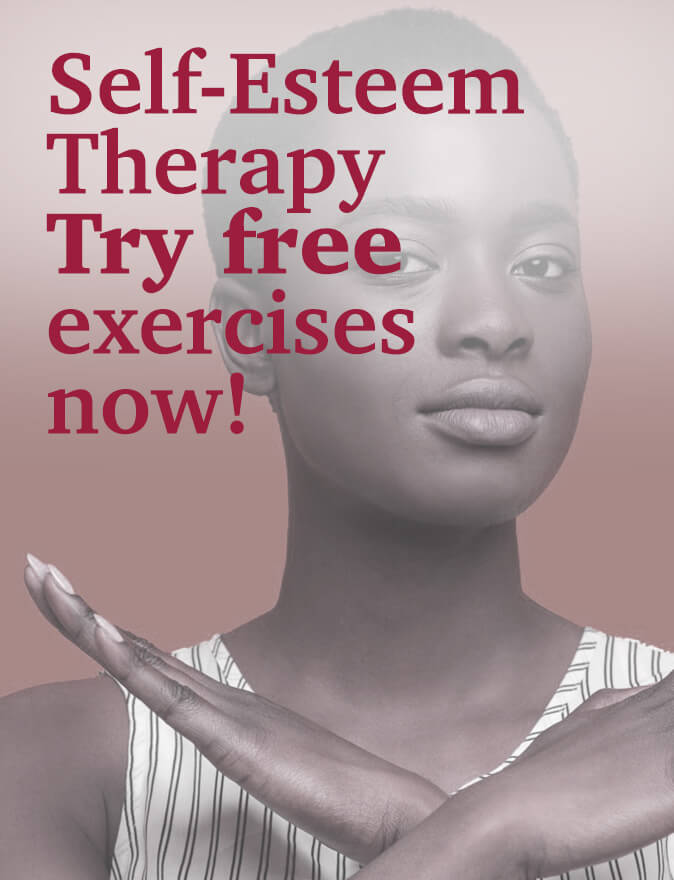
You know that feeling when a friendship drains you? You give care and compassion, but the other person doesn’t match your effort. I’ve been there. Here’s what I’ve learned: setting healthy boundaries boosts your happiness, fulfillment, and growth. As a psychotherapist I help people establish their interpersonal and intrapersonal boundaries.
What Are Healthy Boundaries & Why They Matter
Boundaries create space. They aren’t walls, but safe zones for your energy and feelings. They say, “This is how I show up, and here’s how I expect to be treated.” Without boundaries, especially with less compassionate people, it’s unfair to you and them. The relationship becomes unbalanced.
Friendships thrive when people are at similar emotional and ethical levels. If you’re growing quickly, some old ties might fade. That’s okay. Holding onto relationships that lack respect and kindness blocks space for those who uplift you.
Internal vs External Boundaries
-
Internal boundaries are about how you treat yourself. For example, I avoid guilt trips and refuse to compromise my values just to keep peace.
-
External boundaries are about how others treat you. This includes when to walk away and who to keep close.
You need both types. It’s no use telling someone “don’t treat me like that” if you’re ignoring your own values inside.
Life Map of Relationships: Who’s Where?
Try this: map out everyone in your life into categories. Think: partner > children > immediate family > close friends > extended family > work friends > acquaintances. Focus on behavior and energy. Your mother might act like an acquaintance if she’s distant. That’s okay. Their place in your map depends on how they treat you.
Exercise: “Life Map Chart”
-
Draw circles or boxes for the categories (partner, close friends, acquaintances, etc.).
-
Write names based on how they really behave, not what you wish.
-
Notice any names that don’t belong where you’ve placed them.
-
Ask: “Does this person help my growth and happiness?” If not, consider shifting their spot or reducing your emotional investment.
The Boundary Wall Exercise
I picture a boundary wall in front of me. When someone says something hurtful, I let their words hit the wall instead of letting them in. I still hear them and might respond, but I choose whether to absorb that energy. If someone disrespects me often, the wall stays firm. If they show care, I may lower it a bit, but I remain cautious.
Practical Tips: How I Set Boundaries That Work
-
Know your values. What matters most to you? Respect, honesty, emotional support? When you know your values, spotting boundary crossings is easier.
-
Define “equal energy” relationships. There should be balance over time. If it’s always one-sided, it’s exhausting.
-
Say no without apology. Sometimes you must decline, even to those you care about. Your emotional well isn’t endless.
-
Make space for letting go. Allow some relationships to shift or end. It’s about being honest, not cruel.
-
Hold yourself accountable. If you notice unwanted behavior, remind yourself: “I deserve better.” Journaling or talking to someone you trust can help.
-
Regularly check your life map. As you grow, relationships change. Revisit who belongs where; some may move closer, and some may not.
When Being a “Good Friend” Becomes Unfair
I used to think being a good friend meant always being present. But if I’m always the one showing up and the other person isn’t, I deny myself respect. It’s not about hating them; it’s about recognizing when their behavior doesn’t match what I need for my peace and growth.
Boundaries Are Self-Care — Not Selfish
Truth: setting boundaries is a key form of self-care. It’s saying, “I matter too.” It’s okay if some relationships stay surface-level. You can reserve your deepest energy for those who meet you halfway. Different people will fit in different boxes on your map. This doesn’t devalue anyone; it’s about behavior, not ideal roles.
Final Thoughts
Boundaries aren’t just fluff from self-help books. They’re essential for fulfillment and good relationships. If you keep everyone close regardless of how they treat you, you risk feeling depleted. You also block those who truly match your energy.
You deserve people who respect your energy and support your growth. You have the right to define how you want to be treated — by others and yourself.
To create healthy boundaries, check out my article on Self-Esteem and Boundary Creation
Explore other articles, books and online courses. Or work with me, explore my services on the Home Page. Book your FREE 15min phone consult.
